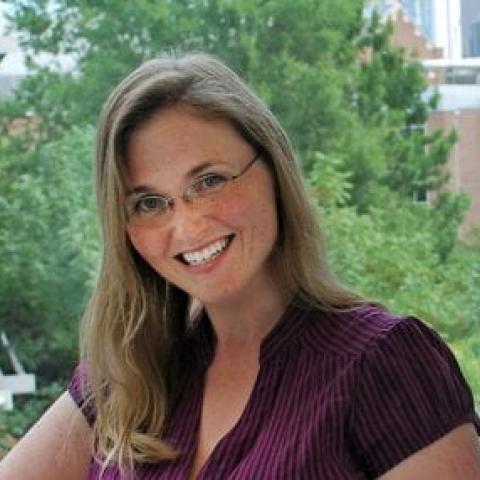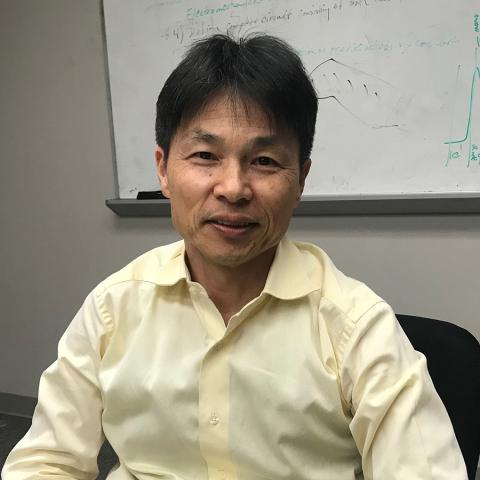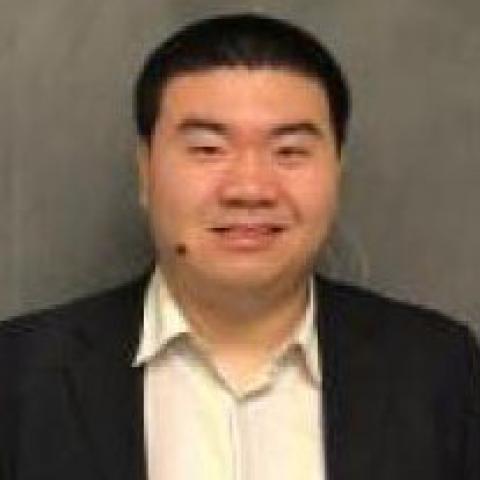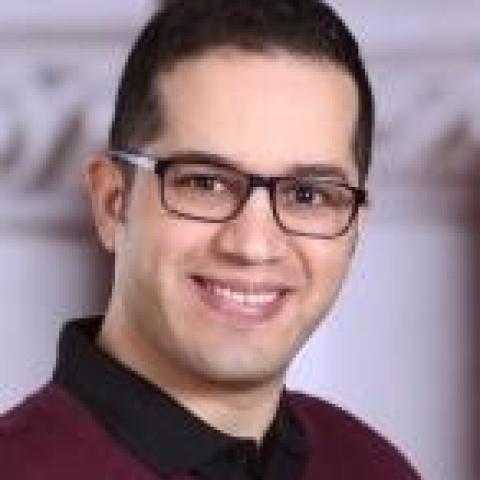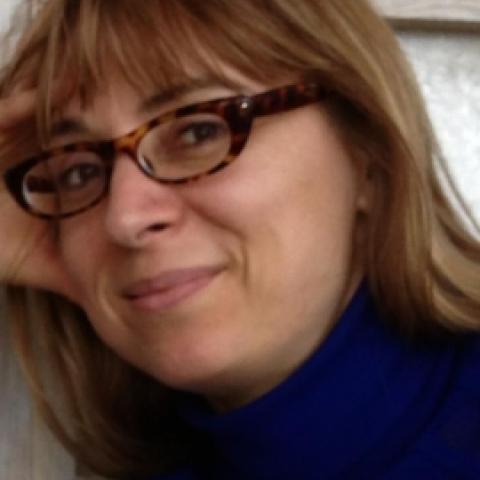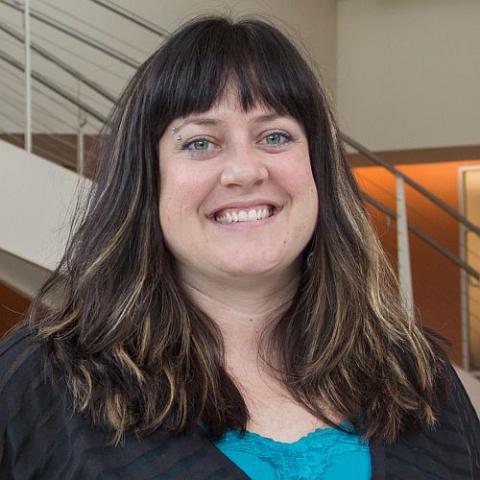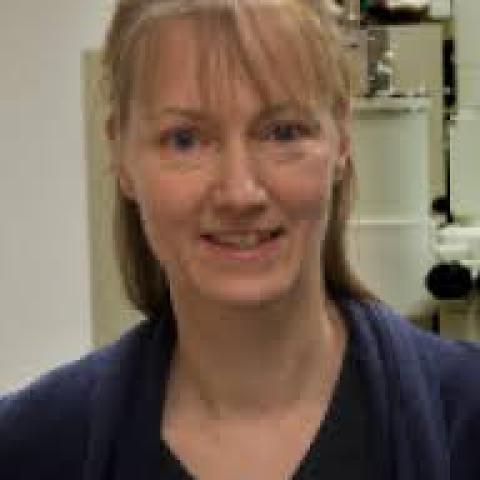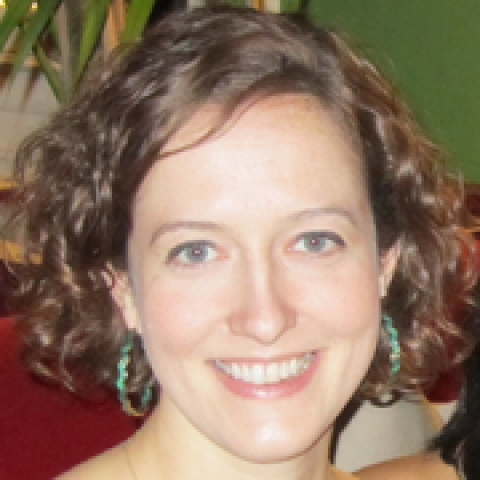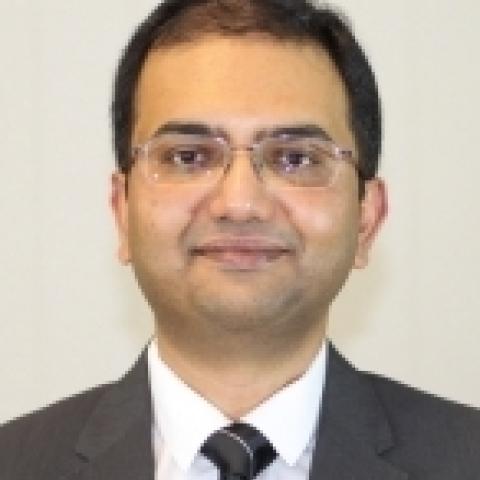My primary interest is floating ice systems - Jupiter's moon Europa and Earth's ice shelves. I am interested in how these environments work and how they may become habitable. I have chosen to focus on Europa because of its potential to have what other places may not have: a stable source of energy from tides that can power geological cycles over the lifetime of the solar system. At its most basic form, life is like a battery, depending upon redox reactions to move electrons. A planetary proxy for this is activity, whereby a planet recycles through geologic processes, and maintains chemical gradients of which life can take advantage. Without recycling, it is possible that even once habitable environments can become inhospitable. This is where terrestrial process analogs come into the picture - by studying how ice and water interact in environments on Earth we can better understand the surface indications of such on Europa (and other icy worlds). My work provides a framework by which to remotely understand planetary cryospheres and test hypotheses, until such time as subsurface characterization becomes possible by radar sounding, landed seismology, or one day, roving submersibles. Much work remains to correlate observations and models of terrestrial icy environments - excellent process analogs for the icy satellites - with planetary observations. I think about how to incorporate melting, hydrofracture, hydraulic flow, and now brine infiltration as process analogs into constructing models for the formation of Europa's geologic terrain and to study the implications for ice shell recycling and ice-ocean interactions. The inclusion of realistic analogs in our backyard-Earth's poles -using imaging and geophysical techniques is a common thread of this work, giving tangible ways to generate and test hypotheses relevant to environments on Earth and Europa. In the long term, I envision constructing systems-science level models of the Europan environment to understand its habitability and enable future exploration. I'm lucky to work with a talented group of students, post docs, and collaborators who share this vision and continue to make my life's passion, understanding the worlds around us, tenable.
Associate Professor; School of Earth and Atmospheric Sciences, Cornell University
Additional Research
Planetary Science; Astrobiology; Cryosphere
University, College, and School/Department
Georgia Institute of Technology > College of Sciences > School of Earth and Atmospheric Sciences
